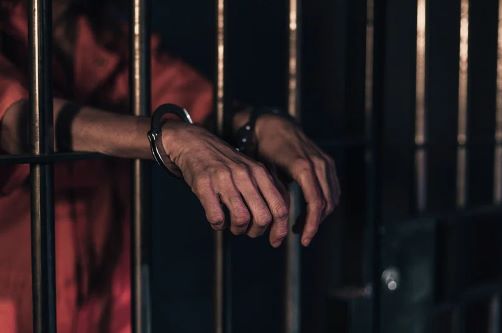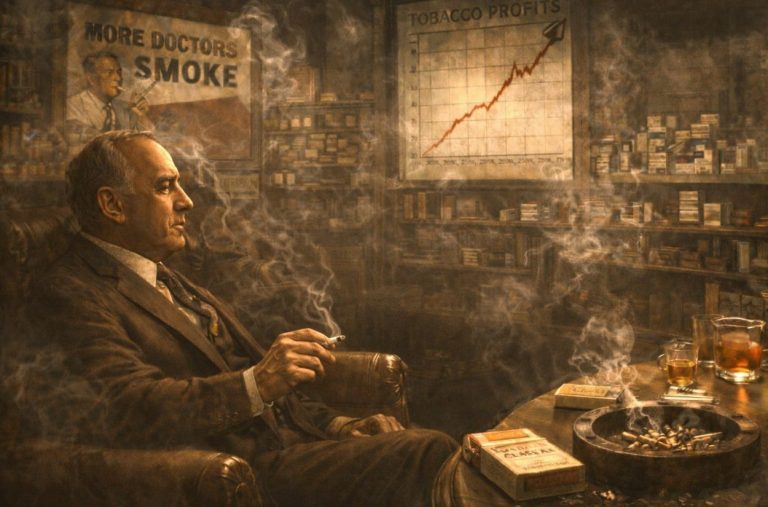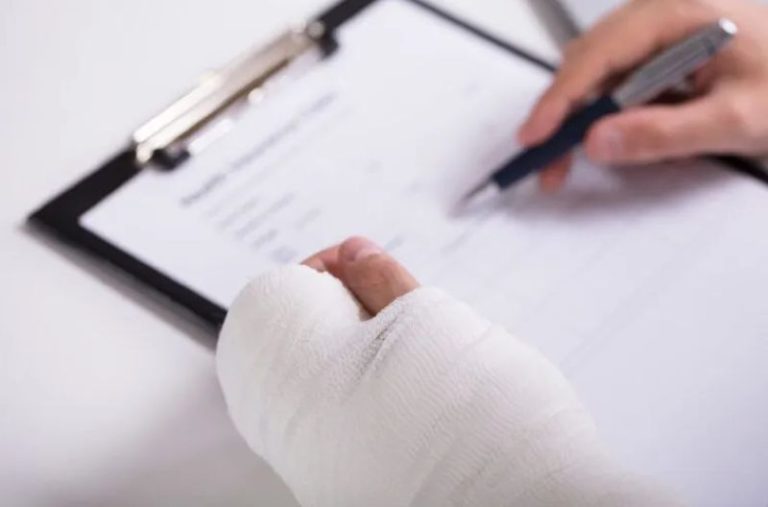

New Jersey, along with other states of the US, has long grappled with drug-related crime. The state’s legal system is stringent when it comes to drug offenses, reflecting a broader national attempt to restrain the spread and impact of illegal substances. However, the complexities of drug laws and the severe penalties associated with them necessitate robust legal defense for those accused.
This column explores the different types of drug charges in New Jersey and how a skilled criminal lawyer NJ provides crucial strategies to protect the rights and futures of the victims.
1. Possession
Simple possession is one of the most common drug charges in New Jersey. It involves having a controlled substance for personal use without the intent to distribute. The charge’s severity depends on the substance’s type and amount. Penalties include fines, probation, mandatory drug education classes, and incarceration. Defense attorneys play a critical role by examining the arrest circumstances, challenging the legality of the search and seizure, and seeking to suppress any evidence obtained unlawfully. They may also negotiate for reduced charges or alternative sentencing, such as entry into a drug diversion program that mainly focuses on rehabilitation rather than penalizing.
2. Possession with Intent to Distribute
Possession with the intention of distribution is a more severe offense than simple possession. This charge applies when an individual is found with a quantity of drugs that suggests they intend to sell or distribute them. The penalties are more severe, including longer prison sentences and substantial fines. Defense attorneys work diligently to discredit the prosecution’s evidence by questioning whether the quantity of drugs genuinely indicates an intent to distribute. They might also challenge the methods used by law enforcement to gather evidence, argue for the suppression of illegally obtained evidence, and negotiate plea deals that can lead to lesser charges.
3. Drug Distribution and Trafficking
Drug distribution and trafficking charges are the most severe drug-related offenses. These charges are levied against individuals involved in selling, transporting, or distributing controlled substances. Convictions can lead to extensive prison sentences, hefty fines, and long-term consequences such as asset forfeiture. Defense strategies for these charges involve a thorough investigation into the prosecution’s evidence, challenging the credibility of informants, and exposing any procedural errors made by law enforcement during the investigation. Attorneys may also argue for lesser charges if they demonstrate that their client’s involvement was limited or coerced.
4. Drug Manufacturing
Drug manufacturing charges pertain to the production or cultivation of illegal substances, such as operating a methamphetamine lab or a marijuana grow operation. These charges carry severe penalties because of the inherent dangers and potential for large-scale distribution. Defense attorneys in these cases often focus on whether their client has actual control or knowledge of the manufacturing process. They may argue a lack of intent, mistaken identity, or coercion. Additionally, challenging the validity of the search warrants used to uncover these operations is a common defense tactic, as any procedural missteps can lead to the suppression of evidence.
5. Prescription Drug Fraud
Prescription drug fraud involves obtaining prescription medications through deceit, such as forging prescriptions, doctor shopping, or illegally selling prescribed drugs. This type of crime has surged in recent years, partly due to the opioid epidemic. Defense attorneys defending against these charges scrutinize the specifics of the alleged fraud, such as the methods used to obtain the prescriptions and the intent behind the actions. They often argue for alternative sentencing that includes drug treatment and rehabilitation, especially if the defendant has an addiction issue. Negotiating with prosecutors to lessen charges or secure probation instead of prison time is also a key strategy.
6. Drug Paraphernalia Possession
Possession of drug paraphernalia, such as pipes, needles, or other items used to consume or produce drugs, is another common charge. While the penalties for paraphernalia possession are generally less severe than those for drug possession or trafficking, they can still have significant legal and personal consequences. Defense attorneys can challenge these charges by questioning whether the items in question qualify as paraphernalia under the law. They also scrutinize the circumstances of the search and seizure, arguing for excluding any evidence obtained through illegal means. Additionally, they may seek to have the charges reduced or dismissed altogether.
7. Constructive Possession
Constructive possession charges arise when an individual is accused of having control over drugs without actually having them on their person. This can happen if drugs are found in a car or a home and the individual is deemed to have knowledge and control over them. Defending against constructive possession requires demonstrating that the accused did not have the requisite control or understanding of the drugs. A criminal lawyer in NJ may challenge the prosecution’s evidence, highlight inconsistencies in witness testimonies, and argue that the drugs belonged to some other person. This defense often involves thoroughly examining the case’s facts and circumstances. Facing and dealing with drug charges in New Jersey can be an overwhelming and life-altering experience. Skilled attorneys provide essential expertise, challenging evidence, negotiating with prosecutors, and advocating for their clients’ rights at every stage of the legal process. By leveraging their knowledge and experience, these attorneys strive to achieve the best possible outcomes for those accused, helping them handle the complexities of the legal system and safeguard their futures.


